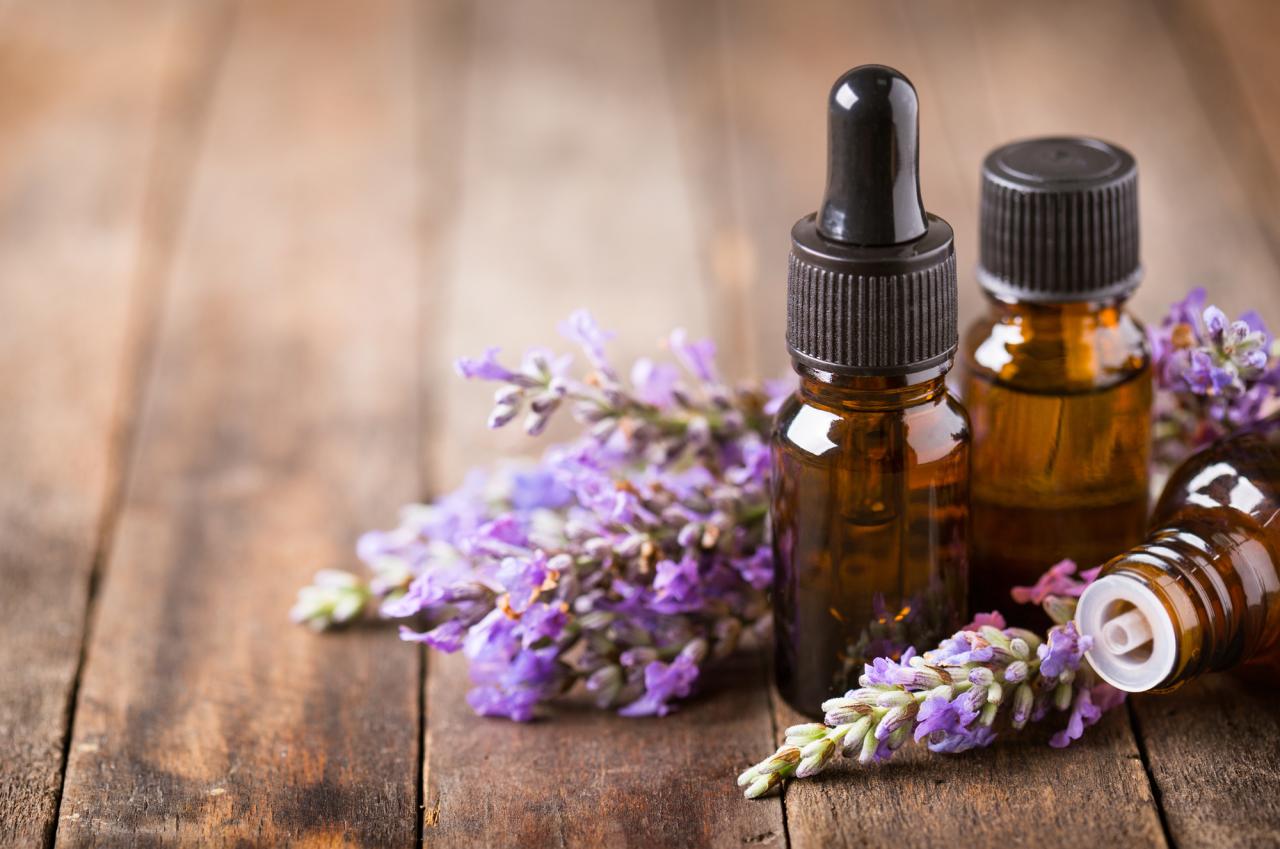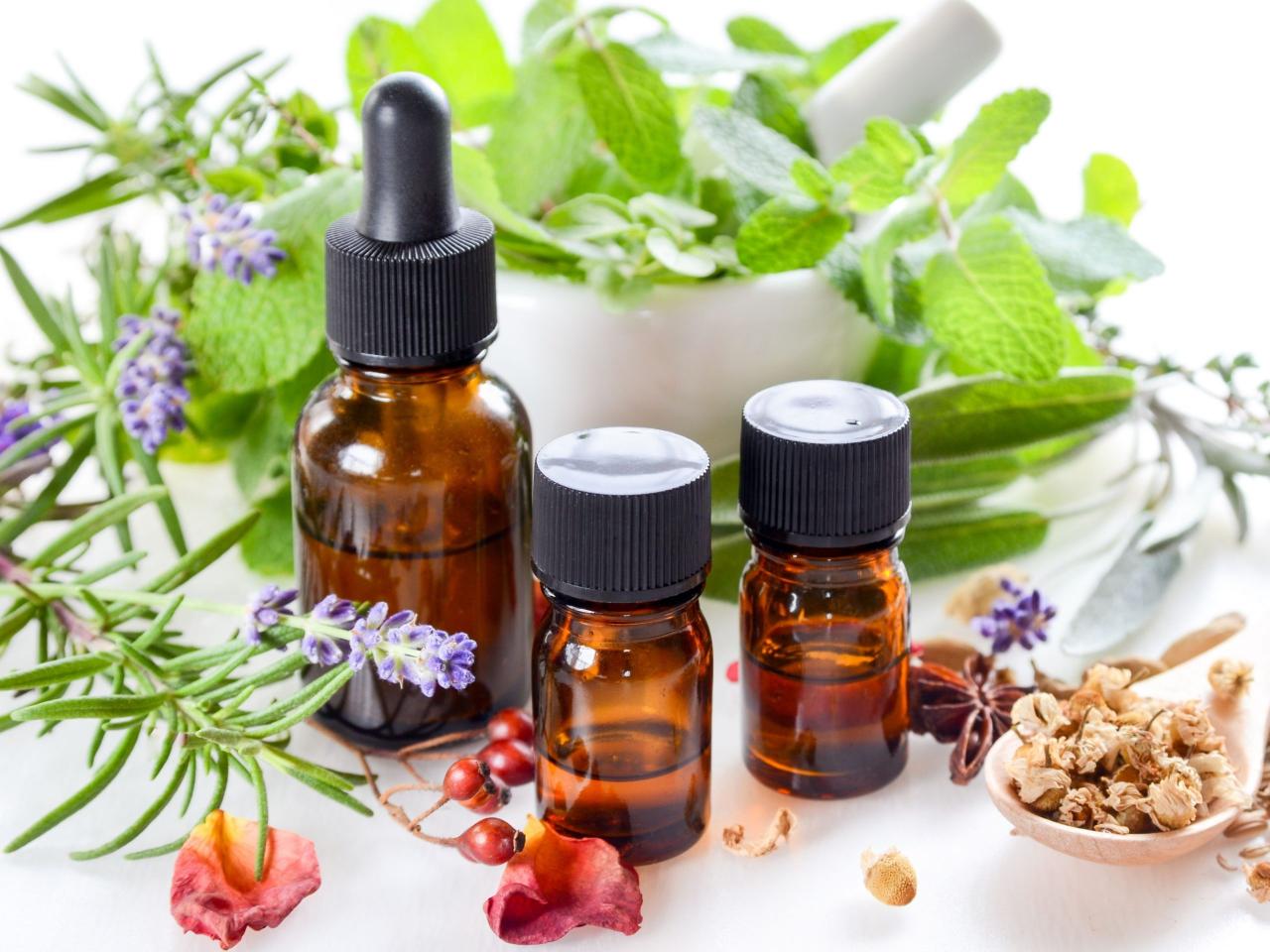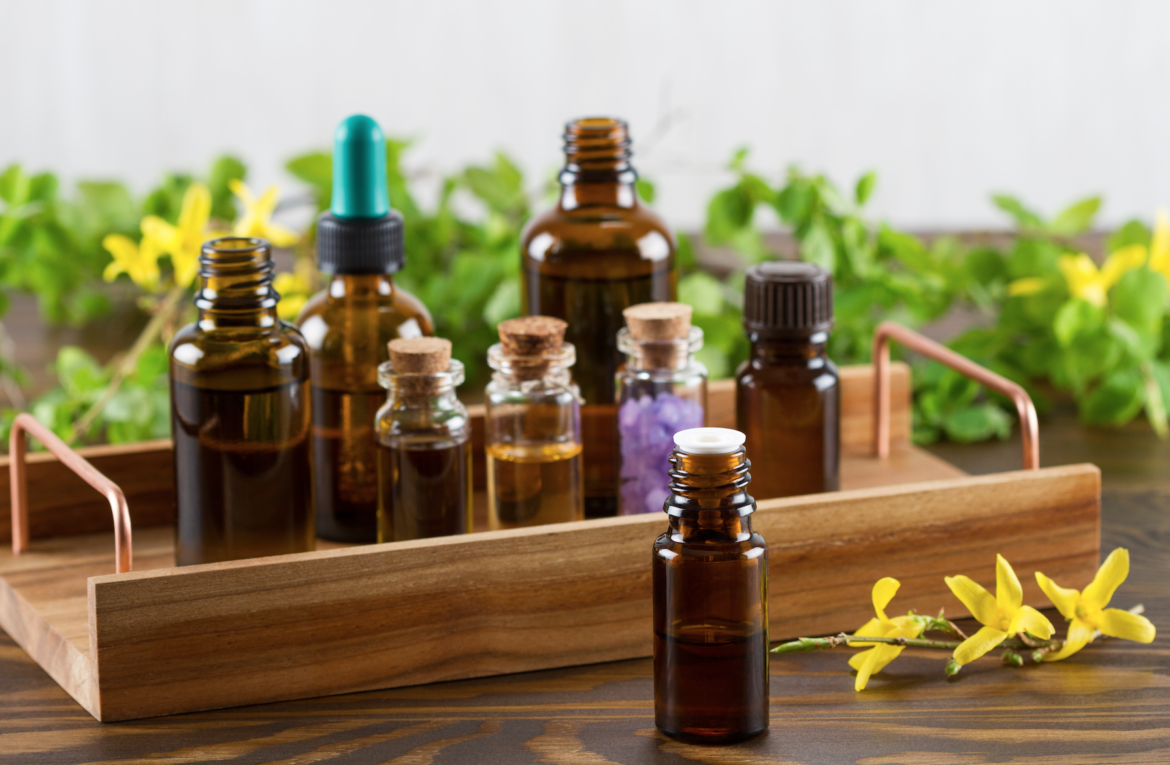In the realm of holistic healing, the therapeutic benefits of aromatherapy have taken center stage. From relaxation and stress relief to boosting mood and enhancing overall well-being, essential oils offer a natural and effective way to promote health and vitality.
Join us as we delve into the world of aromatherapy, exploring the types, uses, safety considerations, and essential factors to keep in mind when selecting the best aromatherapy oils for your unique needs.
Aromatherapy and Its Benefits

Aromatherapy is an ancient healing practice that utilizes essential oils, aromatic plant extracts, to promote physical, emotional, and mental well-being. Its roots can be traced back to ancient Egypt, China, and India, where essential oils were used for religious ceremonies, medicinal purposes, and cosmetic applications.
The principles of aromatherapy lie in the belief that inhaled or topically applied essential oils interact with the body’s olfactory system and limbic system, which are responsible for emotions, memory, and behavior. These oils contain volatile organic compounds (VOCs) that stimulate receptors in the nose, triggering a cascade of physiological and psychological responses.
Therapeutic Effects
Essential oils have been found to possess a wide range of therapeutic effects, including:
- Antimicrobial:Certain oils, such as tea tree oil and lavender oil, have antibacterial and antiviral properties.
- Anti-inflammatory:Oils like chamomile and frankincense have been shown to reduce inflammation in the body.
- Analgesic:Oils such as peppermint and wintergreen have pain-relieving properties.
- Sedative:Oils like lavender and valerian root can promote relaxation and sleep.
- Stimulating:Oils like rosemary and peppermint can improve alertness and focus.
- Mood-boosting:Oils like bergamot and lemon have been shown to uplift mood and reduce stress.
Types of Aromatherapy Oils
Aromatherapy oils are extracted from plants and contain the volatile compounds that give them their characteristic scents. These oils can be used in a variety of ways to promote relaxation, improve sleep, and relieve pain.
There are many different types of aromatherapy oils available, each with its own unique benefits. Some of the most popular oils include:
Table of Popular Aromatherapy Oils
| Oil Name | Plant Source | Aroma | Primary Benefits |
|---|---|---|---|
| Lavender | Lavandula angustifolia | Floral, herbaceous | Relaxing, calming, sleep-promoting |
| Peppermint | Mentha piperita | Minty, refreshing | Energizing, headache-relieving, nausea-reducing |
| Eucalyptus | Eucalyptus globulus | Camphoraceous, medicinal | Decongestant, expectorant, pain-relieving |
| Tea Tree Oil | Melaleuca alternifolia | Spicy, medicinal | Antiseptic, antifungal, antibacterial |
These are just a few of the many different types of aromatherapy oils available. When choosing an oil, it is important to consider your individual needs and preferences.
Uses and Applications of Aromatherapy Oils
Aromatherapy oils offer a wide range of uses and applications, each harnessing their unique therapeutic properties.
One common method is through diffusion, where oils are dispersed into the air using a diffuser or humidifier. This allows the aromatic molecules to be inhaled, promoting relaxation, reducing stress, and improving sleep quality.
Topical applicationis another effective method, where oils are diluted with a carrier oil, such as jojoba or coconut oil, and applied directly to the skin. This method is particularly beneficial for muscle pain, headaches, and skin conditions.
Inhalation, by simply smelling the oil directly from the bottle or using a diffuser, can also provide therapeutic benefits. It is a convenient way to experience the calming or invigorating effects of aromatherapy.
Specific Applications
Different aromatherapy oils have specific applications based on their therapeutic properties:
- Lavender: Relaxation, sleep, stress reduction
- Peppermint: Headaches, nausea, respiratory support
- Eucalyptus: Respiratory support, congestion relief, immune boost
- Tea Tree: Antibacterial, antifungal, skin care
- Lemon: Mood upliftment, energy boost, air purification
- Bergamot: Stress relief, anxiety reduction, mood enhancement
Safety Considerations
Aromatherapy, while generally safe when used appropriately, requires caution to avoid potential risks. Essential oils are highly concentrated plant extracts and can cause adverse effects if not handled carefully.
Before using aromatherapy oils, it is crucial to consult a qualified healthcare professional, especially if you have any underlying health conditions, are pregnant, or breastfeeding. They can assess your individual needs and provide personalized guidance on safe usage.
Common Side Effects
Common side effects of essential oils include skin irritation, such as redness, itching, or rashes. These reactions can occur when oils are applied directly to the skin without proper dilution. Inhalation of certain oils can also cause respiratory issues, such as coughing, wheezing, or shortness of breath.
Contraindications
Some essential oils are contraindicated for certain individuals. For example, oils like eucalyptus and tea tree are not recommended for use by children under the age of 10 due to their potential toxicity. Additionally, some oils may interact with certain medications, altering their effectiveness or causing adverse reactions.
Guidelines for Safe Use
To ensure safe and effective use of aromatherapy oils, follow these guidelines:
- Dilute essential oils properly:Always dilute essential oils in a carrier oil, such as jojoba or coconut oil, before applying them to the skin. This helps reduce the risk of skin irritation.
- Avoid internal use:Essential oils are not meant to be ingested. Swallowing them can be harmful and lead to serious health issues.
- Use caution during pregnancy and breastfeeding:Some essential oils may be harmful to pregnant or breastfeeding women. Consult a healthcare professional before using any oils during these periods.
- Store oils properly:Essential oils should be stored in dark glass bottles away from light and heat. This helps preserve their potency and prevent degradation.
- Discontinue use if irritation occurs:If you experience any skin irritation or adverse reactions while using essential oils, discontinue use immediately and consult a healthcare professional.
Selecting the Right Aromatherapy Oils

Choosing the right aromatherapy oils is crucial for a fulfilling and effective experience. Consider your personal preferences, desired benefits, and the quality of the oils to make informed decisions.
Factors to Consider
- Personal Preferences:Select scents that appeal to your senses and evoke positive emotions.
- Desired Benefits:Research the therapeutic properties of different oils to align with your intended outcomes, such as relaxation, stress relief, or improved sleep.
- Quality:Opt for high-quality essential oils extracted through natural methods like steam distillation or cold-pressing. Avoid synthetic or diluted products.
Identifying High-Quality Oils
To ensure the authenticity and purity of essential oils, look for the following indicators:
- Botanical Name:The scientific name of the plant from which the oil is extracted should be clearly stated.
- Extraction Method:Steam distillation or cold-pressing methods are preferred for preserving the oil’s natural constituents.
- Purity:Certified organic or therapeutic-grade oils guarantee the absence of additives or adulterants.
Blending Oils
Creating custom aromatherapy blends allows for personalized experiences. Experiment with different oils to find combinations that complement each other and enhance their therapeutic effects.
Tips for Blending:
- Start with a base oil, such as lavender or jojoba, to dilute the essential oils.
- Add a few drops of 2-3 essential oils that complement each other’s aromas and benefits.
- Test the blend on a small area of skin before applying it more broadly.
Outcome Summary

As we conclude our journey into the world of aromatherapy, it’s evident that these fragrant elixirs hold immense potential for enhancing our physical, emotional, and mental well-being. By understanding the different types of oils, their therapeutic properties, and the safe and effective ways to use them, you can harness the power of nature to create a more balanced, harmonious, and fulfilling life.
Embrace the healing embrace of aromatherapy and unlock the secrets to a life infused with vitality, tranquility, and joy.